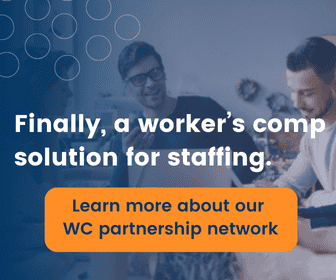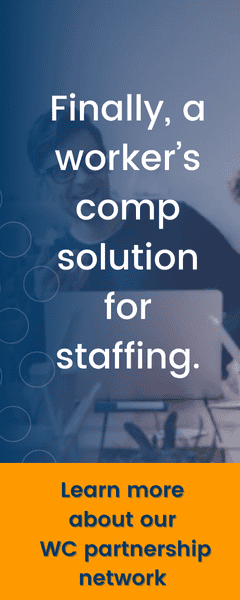High Tech Vs High Touch: What’s More Important in Staffing?

Last time updated: December 19, 2024

If you’ve been to a staffing show in the last several years, you know that there is a lot of chatter about AI and robotics and their effect on the industry. For good reason too. AI startups are making waves in the staffing scene with products that can help you with pesky admin tasks like scheduling interviews, ranking candidates, assessing technical skills, and more. If you have an idea, there is probably an app or that – or there will be soon.
So, are recruiters becoming defunct, soon to be replaced with a robot? Not likely. At least not anytime soon.
What I’m hearing from my industry contacts is that a fully automated process is not working for them. Client companies are seeing enormous rates of no shows, or unqualified candidates slipping through. It’s a hassle for companies, and embarrassing for staffing firms – and ultimately could cost you business.
Relationship building and “soft skills” make a big difference in staffing, and should not be overlooked even in a tech heavy world. In fact, the advent of new technology makes the human touch all the more important in the recruiting process.
Candidates want a more personal experience.
Job hunting is always tough for candidates. Throw in technology, and it becomes downright impersonal. According to a recent American Staffing Association Workforce Monitor® survey of more than 2,100 U.S. adults, 7 in 10 Americans think that the job hunt is too impersonal as it stands. While technology makes it easier to find a job, it actually makes landing a job harder according to 59% of those surveyed. Even in this age of technology, 85% of U.S. adults think that personal contacts are more helpful than the Internet in finding a job.
It’s hard enough to find qualified talent these days – the enormous skills gap we face is a testament to that. The agencies and the recruiters who can truly connect with people are going to have an edge over technology that cannot.
Technological changes also mean increase in value of “soft skills”
Soft skills are important for recruiters, and for other fields too because they are increasingly valued in the labor market. As we see new technology enter the market, it increases the value of skills that technology just cannot replace yet – the ability to work in groups, to communicate effectively, to “read the room” so to speak. The statistics back it up, too. According to a Bloomberg article, new research finds that from 2000 to 2012, jobs that require “non-cognitive” skills grew much faster than jobs mainly requiring skills measurable by IQ or achievement tests.
What does it mean for staffing?
I think the takeaway here is that in staffing, we are still far from an automated process. Right now and in the near future, it is finding the right combination of high tech and personal touch that will win the day. Because of this, the importance of “soft skills” in staffing should not be understated. The recruiters who can develop connections with candidates will be the most successful, because relationships are still important in this field. The trend towards no-shows and high turn down rates can be stemmed by having a better relationship with the candidate.
At the end of the day, in this industry you are dealing with human beings. People with lives, and stories, and things that make them unique. It is easy to lose sight of that amidst all the new staffing technology, but a human connection still goes a long way.
Up Next















